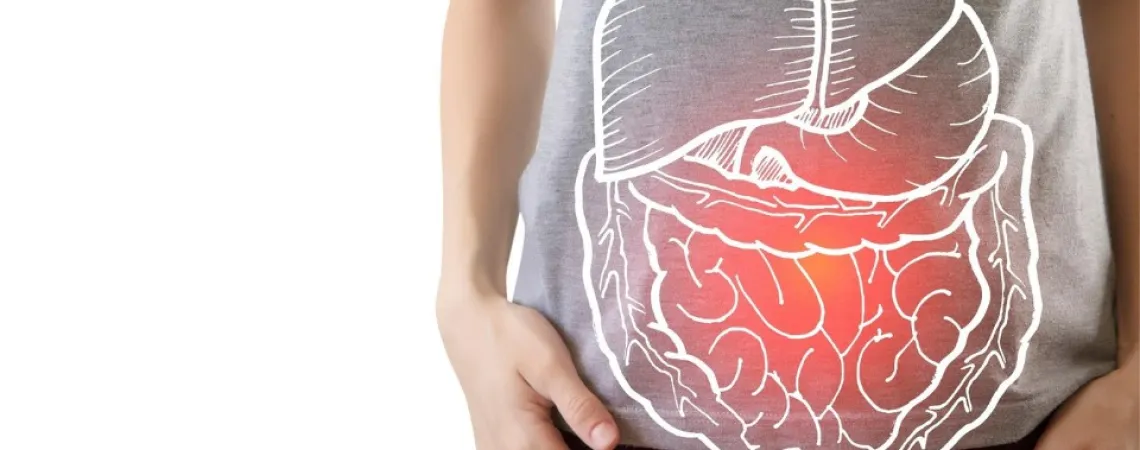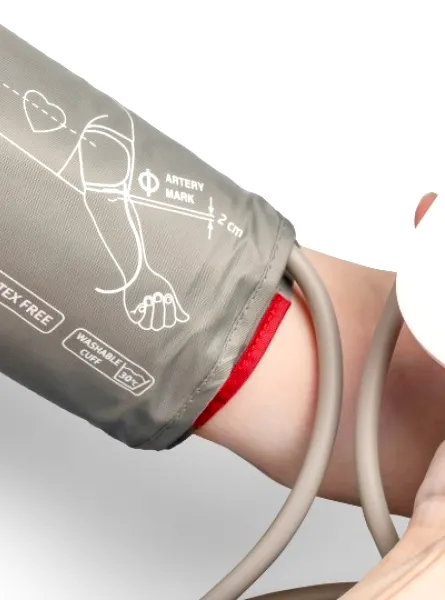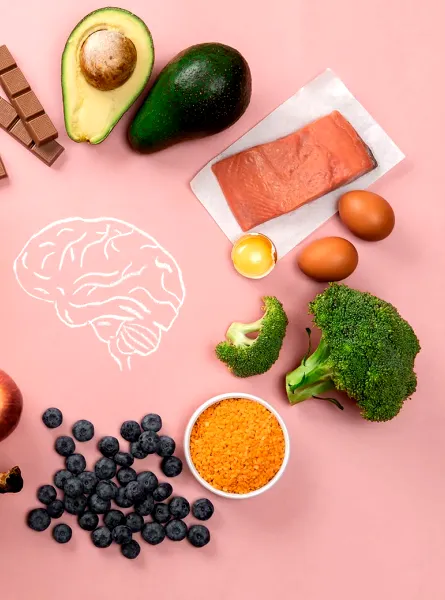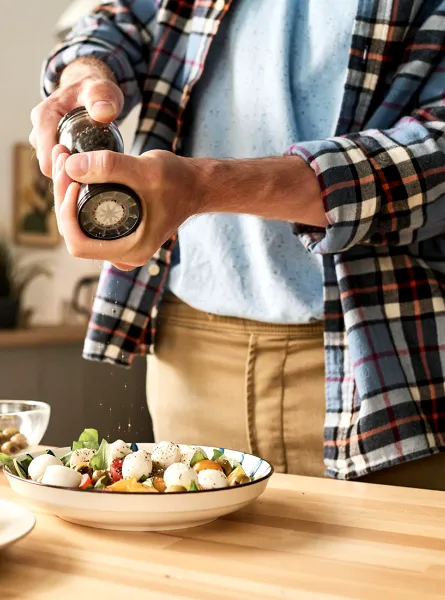
Did you know that the liver, considered the largest gland in our body, has AT LEAST 500 functions?
Detailing all these functions would be impossible in a few sentences, but let's list some of them:
The liver is the filtering and detoxifying agent of the blood.
When we eat, drink, breathe, or take medication and/or herbs, the nutrients and other molecules, including toxins, end up in the blood. This nutrient-rich blood, along with other molecules such as toxins, is directed to the liver through the portal vein to be purified as much as possible. The purified blood then moves on to the heart to be pumped throughout the body.
The liver plays a role in glucose (sugar) metabolism.
It allows for:
- Storing a reserve of sugar in the form of "glycogen";
- Releasing stored sugar when the body needs it, such as during a drop in blood sugar (hypoglycemia);
- Converting proteins into sugar through a process called "gluconeogenesis";
- Transforming glucose into fats.
The liver plays a role in lipid (fat) metabolism.
It allows for:
- Generating energy (ATP) from fats;
- Synthesizing bile salts from cholesterol to aid in the digestion of fats consumed during a meal (such as oil, butter, almonds, etc.).
The liver serves as a storage organ.
Specifically, it stores:
- Vitamin A
- Vitamin B12
- Vitamin D
- Iron
What's even more remarkable is that if the liver undergoes trauma, injury, cirrhosis, or other conditions, it has the ability to fully regenerate itself in an average of one month!
How can we take care of our liver?
1. Reduce your consumption of refined sugars, which are mainly found in processed and industrialized products (candies, pastries, baked goods, etc.). As mentioned earlier, the liver can convert sugar into fat. Therefore, excessive sugar consumption will result in the storage of fats in the body.
2. To maintain the ability to digest fats properly through the action of bile salts, reduce your consumption of saturated fats. These fats are primarily derived from animal sources (meat, poultry, processed meats, bacon, eggs, beef, palm oil, coconut oil). They are considered "bad" fats as they increase LDL cholesterol (bad cholesterol) and promote the formation of atherosclerotic plaques in the arteries.
3. Consume foods rich in iron to maintain optimal levels of stored iron in the liver and blood. It is advisable to vary food sources to benefit from the nutritional value of each food: legumes, green leafy vegetables, red meat and offal, shellfish, whole grain breads and cereals, as well as iron-enriched cereals.
4. Consume alcohol in moderation, as it is considered toxic to the liver. Excessive alcohol consumption forces the liver to continuously neutralize it. As a result, liver cells may become damaged or destroyed. This is why some individuals develop alcoholic fatty liver (accumulation of fat deposits on the liver) or more serious problems such as alcoholic hepatitis (inflammation of the liver) and/or cirrhosis (permanent scarring of liver tissue).
5. Get some sun exposure from time to time to ensure sufficient production of vitamin D by your body. Vitamin D is stored in the liver and plays several essential roles, including skeletal and joint mineralization, muscle tone, and the absorption and reabsorption of calcium and phosphorus by the intestines and kidneys.
A healthy and balanced diet is key to optimal health. Consult with a nutritionist for personalized dietary recommendations!





